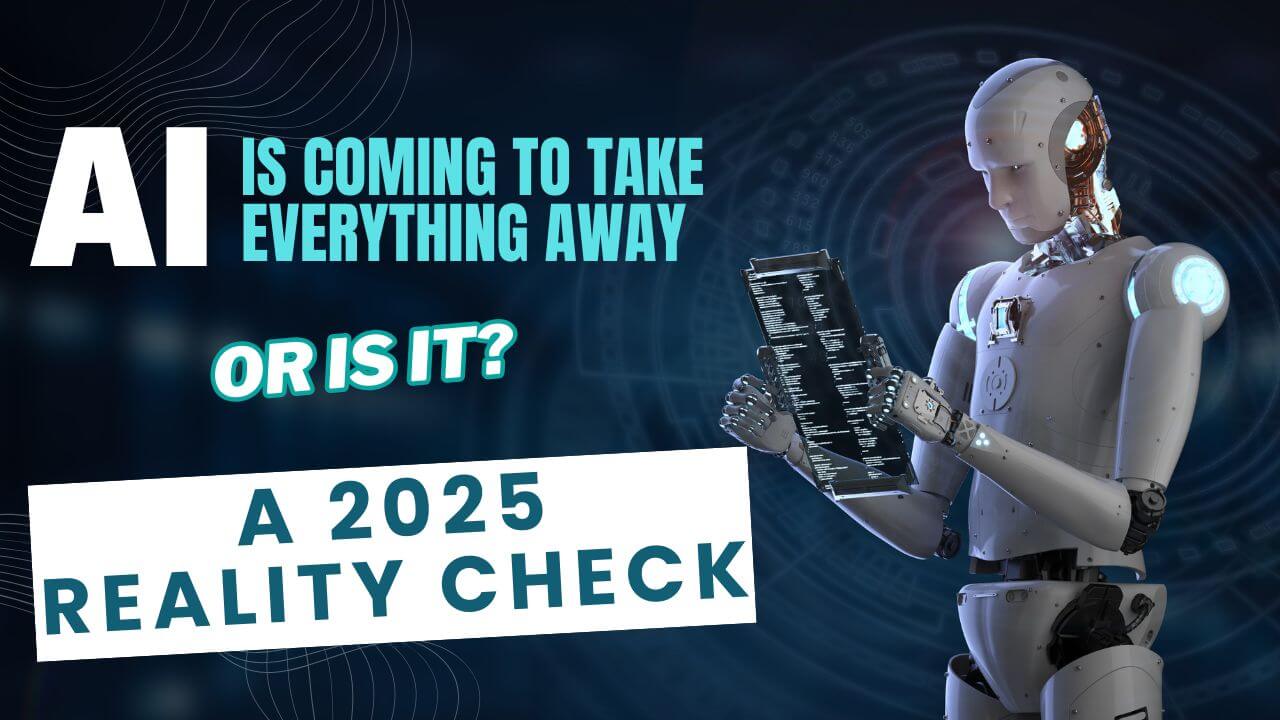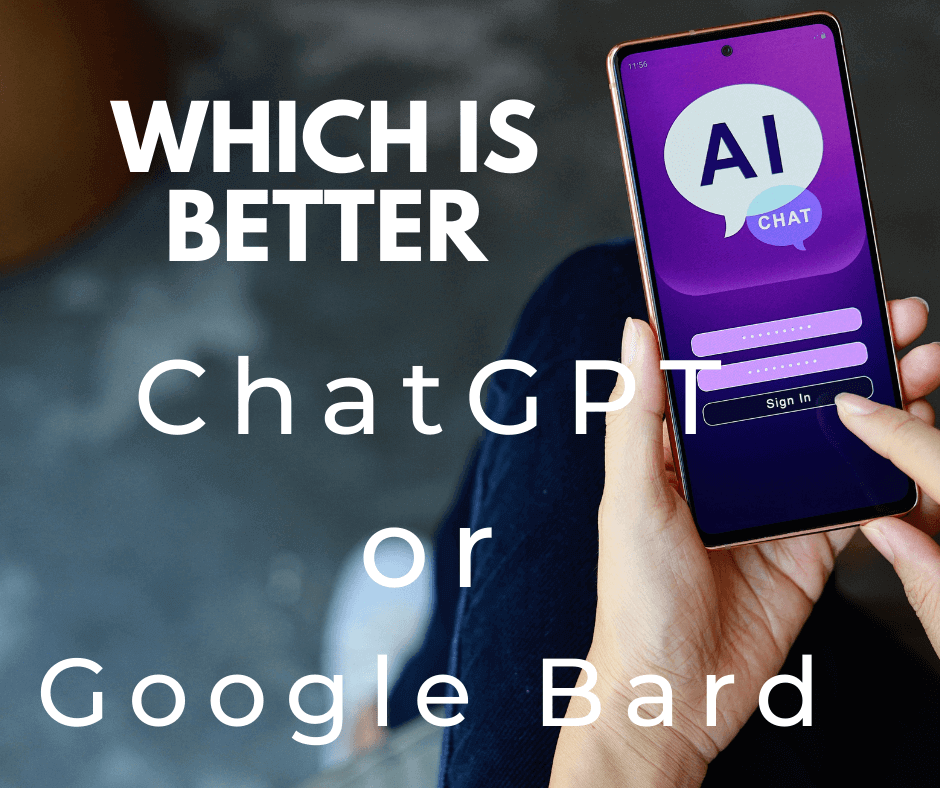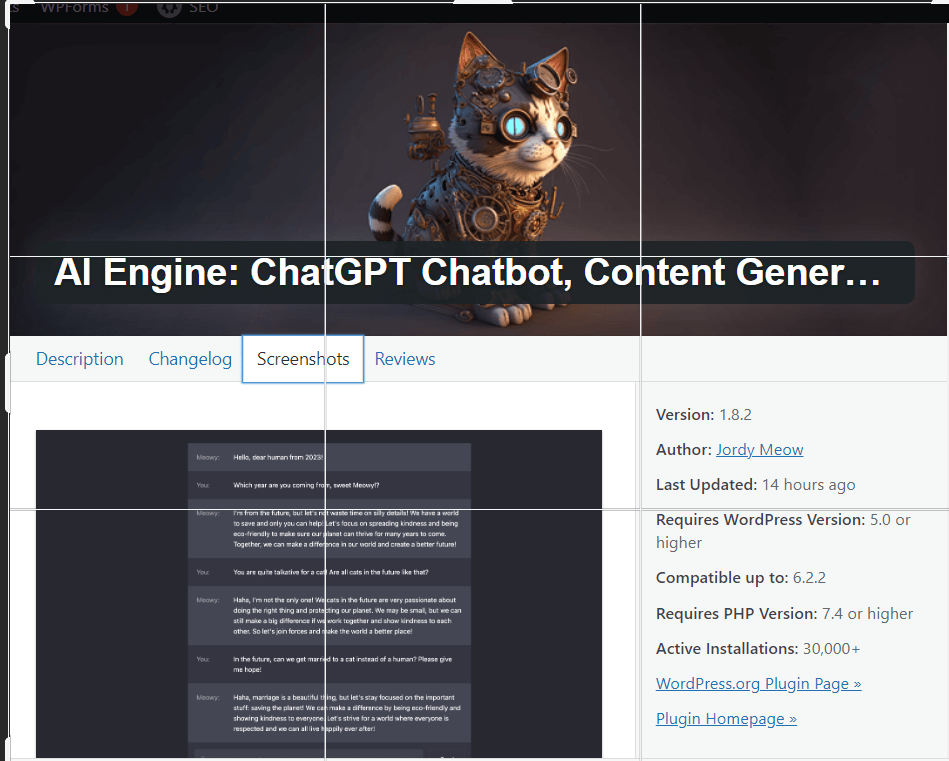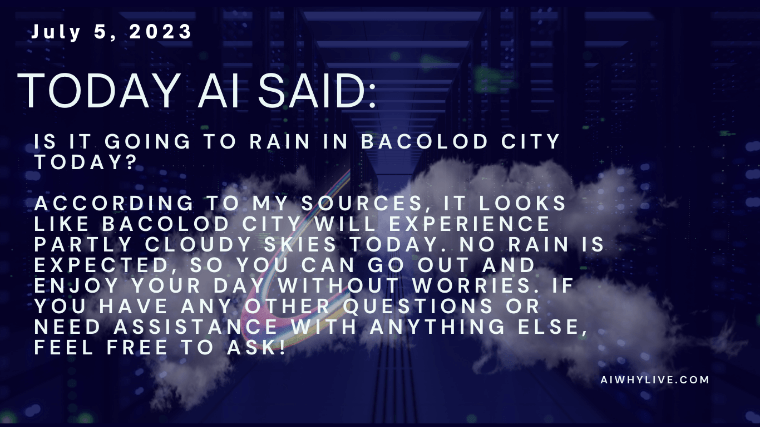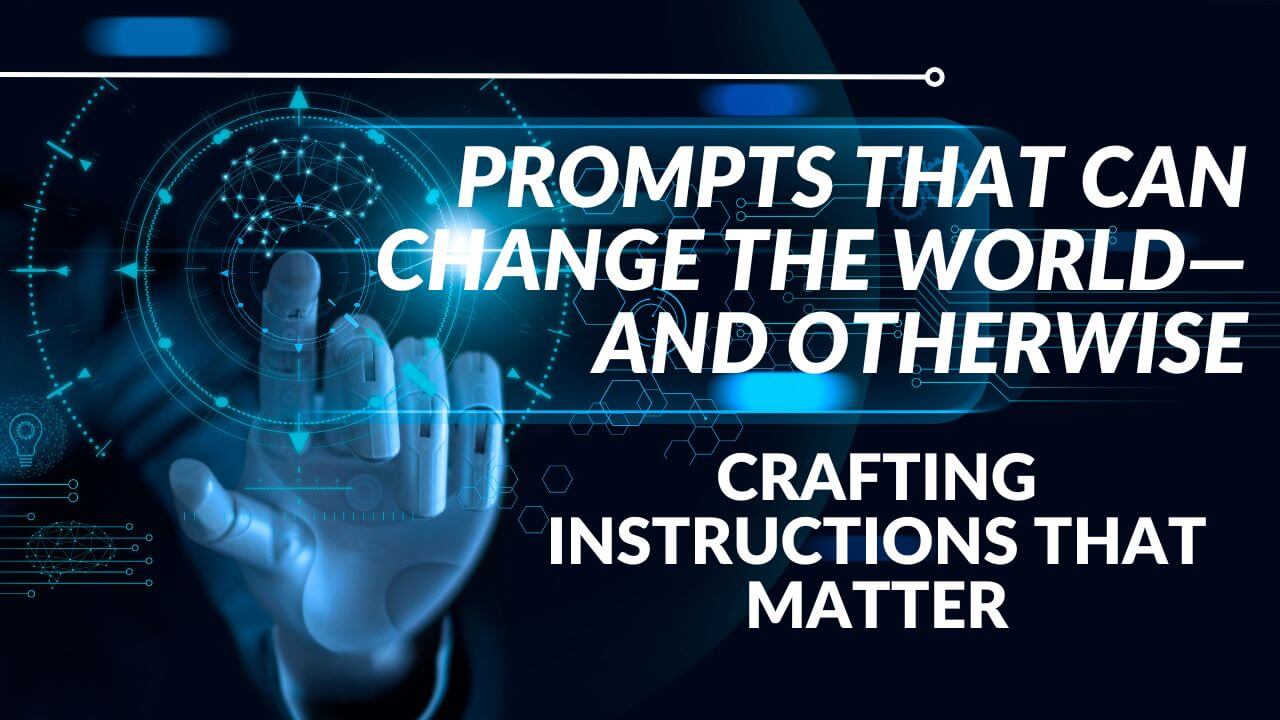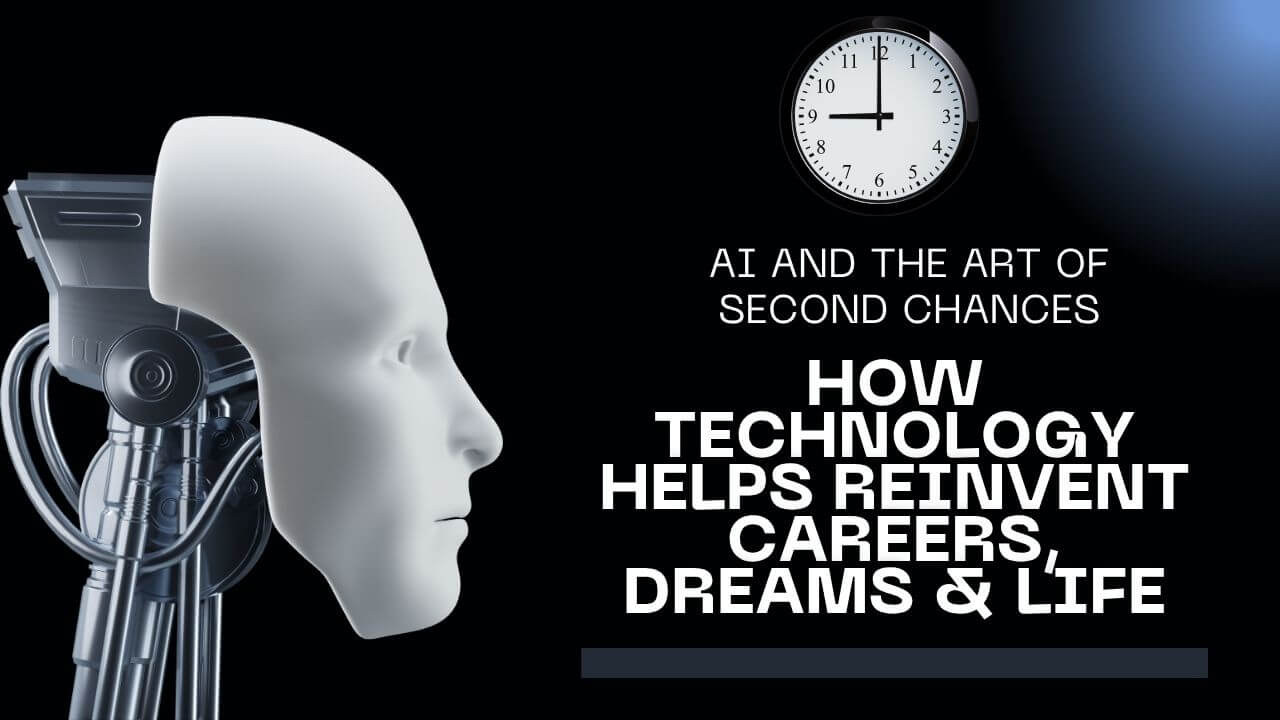In 2023, I posted an article warning that AI might take everything away—our jobs, our homes, our privacy, our very humanity.
Fast forward to 2025, was I right?
At the time, AI was advancing at an unprecedented pace, sparking fears of job displacement, ethical dilemmas, and privacy concerns. The headlines painted AI as an unstoppable force, one that could either revolutionize industries or dismantle them entirely.
Now, two years later, let’s take a hard look at what has changed, what I got right, where I went wrong, and how AI has drastically evolved in ways we never imagined.
What I Got Right in 2023
1. AI’s Ethical Dilemmas Are More Relevant Than Ever
Back in 2023, I warned that AI could be used for both good and harm, and that prediction holds true today. AI ethics have become a global priority, with organizations like UNESCO, OECD, and ASEAN pushing for stricter AI governance.
Governments worldwide are now implementing AI regulations to prevent misuse, ensuring transparency, fairness, and accountability in AI systems.
2. AI’s Role in Job Displacement Is Real
The fear of automation replacing human jobs was valid. AI-driven automation has indeed reshaped industries, particularly in customer service, content creation, and data analysis. Many traditional roles have been phased out, forcing workers to adapt or reskill.
However, what I didn’t fully anticipate was the rise of AI-assisted jobs—where AI enhances human productivity rather than replacing workers entirely. New roles like AI trainers, prompt engineers, and AI ethicists have emerged, proving that AI is creating opportunities alongside disruptions.
3. AI’s Influence on Privacy & Surveillance Has Intensified
In 2023, I cautioned that AI could erode privacy, and today, that concern is more pressing than ever. AI-powered surveillance, facial recognition, and deepfake technology have raised serious ethical questions.
However, privacy-focused AI solutions have also emerged, offering encrypted AI models and decentralized data processing to counteract these risks. The battle between AI-driven surveillance and AI-powered privacy protection continues.
Where I Went Wrong in 2023
1. AI Didn’t “Take Everything Away”—It Became More Integrated
While my 2023 article painted AI as a looming force that could strip away our humanity, the reality is more nuanced. AI has deeply integrated into daily life, but rather than replacing human experiences, it has enhanced them.
For example:
✅ AI in Healthcare: AI-assisted diagnostics now detect diseases earlier and more accurately, improving patient outcomes.
✅ AI in Education: AI tutors provide personalized learning experiences, making education more accessible.
✅ AI in Creativity: AI-generated art, music, and literature have expanded creative possibilities, rather than eliminating human artistry.
Instead of taking everything away, AI has reshaped industries, offering new ways to work, learn, and create.
2. AI Governance & Regulation Have Improved
In 2023, I feared that AI would run unchecked, leading to widespread misuse. While AI-related risks remain, governments and organizations have stepped up to regulate AI development.
✅ AI Ethics Committees now oversee responsible AI use.
✅ AI Transparency Laws require companies to disclose how AI models operate.
✅ AI Bias Mitigation Strategies ensure fairer AI decision-making.
While challenges persist, AI is no longer the wild, unregulated force I once feared—it is now under scrutiny and evolving responsibly.
What Has Improved Drastically Between 2023 and 2025?
1. AI’s Capabilities Have Skyrocketed
AI models in 2025 are far more advanced than those in 2023.
✅ Generative AI now produces hyper-realistic images, videos, and even interactive experiences.
✅ Quantum AI is solving complex problems beyond the reach of classical computers.
✅ Multimodal AI can process text, images, video, and sound simultaneously, making interactions more natural.
2. AI Is Now More Accessible & Affordable
In 2023, AI tools were expensive and limited to tech giants. Today, AI is widely accessible, with open-source models allowing small businesses, educators, and independent creators to leverage AI without massive budgets.
3. AI Is Actively Fighting Climate Change
AI-driven models now optimize energy consumption, predict natural disasters, and develop sustainable solutions. AI is proving to be a force for environmental good, countering the fears of unchecked technological harm.
Conclusion: AI Is What We Make It
Looking back at my 2023 article, I realize that while my concerns were valid, my perspective was too focused on AI as a threat rather than an opportunity.
AI didn’t take everything away—it reshaped industries, created new opportunities, and improved human experiences.
However, the ethical dilemmas, privacy concerns, and job disruptions I warned about remain real challenges. The difference today is that we are actively addressing them, ensuring AI evolves responsibly.
At aiwhylive.com, we continue to explore AI’s impact, advocate for ethical development, and ensure that technology serves the greater good.
The future of AI is in our hands. Let’s shape it wisely.
Sources & Further Reading
- AI Ethics & Governance
- AI Advancements in 2025
- AI’s Role in Climate Change
